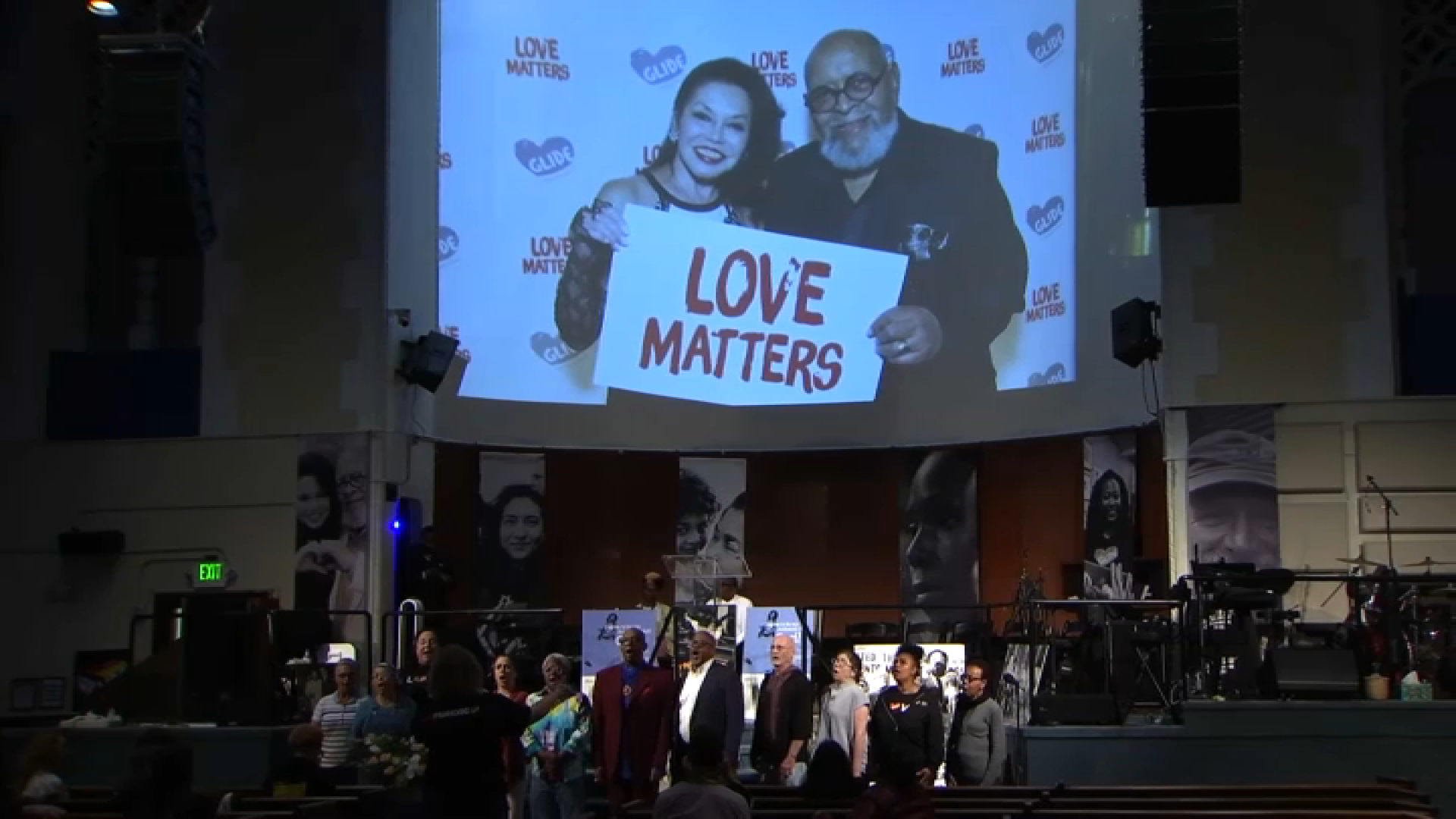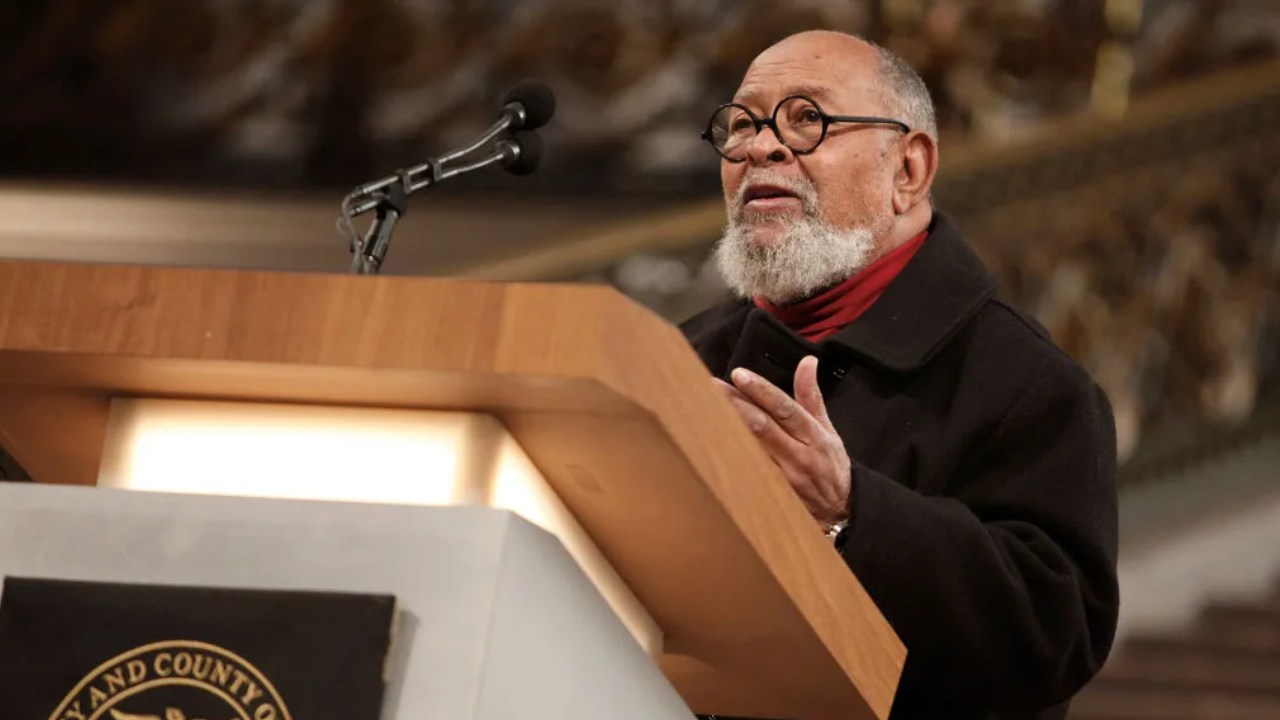Silicon Valley's well-backed plant based burger with realistic meat taste landed on two prominent Bay Area menus on Thursday.
The "Impossible Burger" has been developed over the past five years by Redwood City's Impossible Foods, a private company founded by former Stanford University biochemistry professor Patrick O. Brown. Though based in the Bay Area, the product was unveiled in the summer at Momofuku Nishi, a restaurant based in New York City.
Now it can be found on the lunch menu at Cockscomb ($19), a San Francisco restaurant operated by Top Chef Masters winner Chris Cosentino. In the evenings, it's available in the bar and lounge at chef Traci Des Jardins' Jardinière ($16), where it will be the only burger on the menu, dressed with caramelized onions, avocado, special sauce and a side of pommes frites (fried potatoes).
Cosentino, who is known for utilizing whole animals in his cooking (and will soon publish a cookbook called Offal Good), serves the Impossible Burger with caramelized onions, lettuce, Gruyère cheese, Grandma Helen's pickles, Dijon mustard and mixed greens. He also offers a pork-based "ham" burger on his menu.
At a press conference, both chefs praised the versatility of the "meat," made with ingredients including coconut fat, wheat protein, potatoes and heme, a nonprotein that contributes to giving meat its color and juicy flavor. As a result of adding heme, many reports have called the Impossible Burger a "bleeding burger." Though that's not quite accurate, it can lead to a juicy result if not overcooked.
Des Jardins noted how she liked that the texture and flavor changes as it is cooked, similarly to meat, while Cosentino enjoys how it can be caramelized and crisped.
"It's a delicious product that I think has the potential to change the way that we eat and the way that we make choices about what we eat," Des Jardins said.
Local
The Impossible Burger's mission is to not compromise on flavor while delivering a much more environmentally kind and efficient product. It takes only a quarter of the water and five percent of the land that it takes to make a regular beef burger, with no animals harmed or killed in the process.



